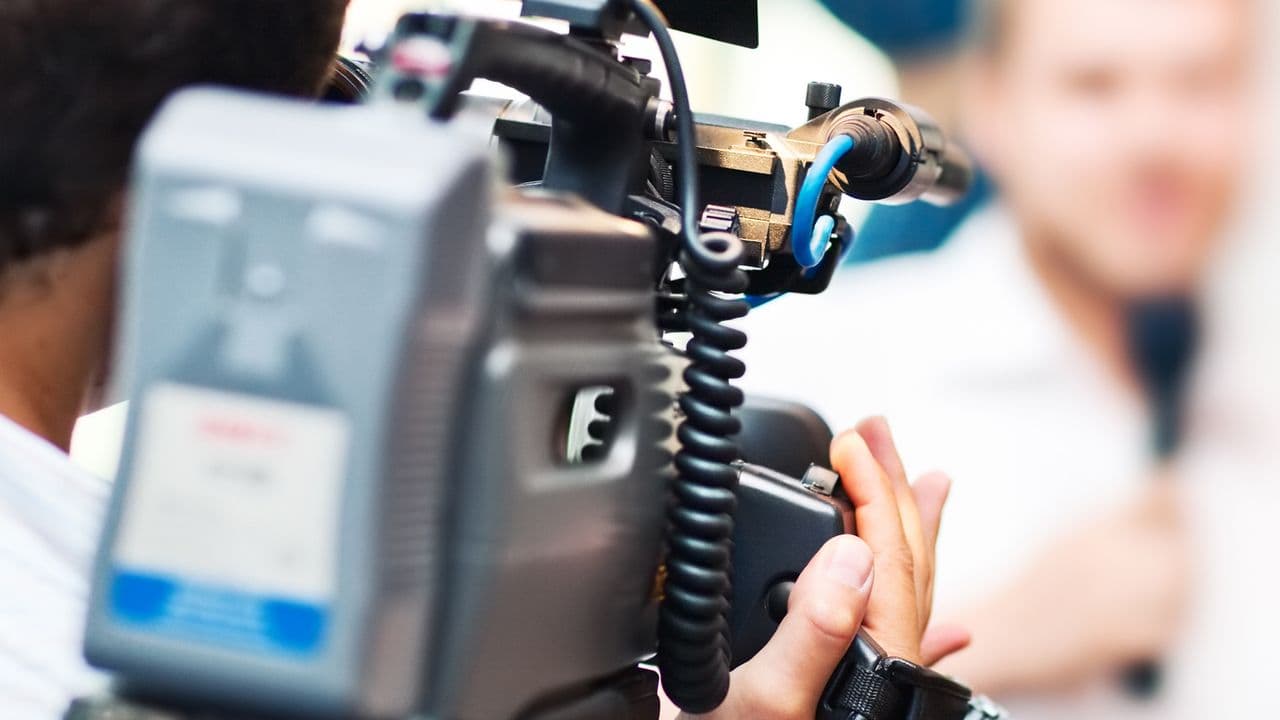Companies need to know the rules of engagement when working with the media. It is important to note that if you are communicating with the media, you have to be media trained as the media environment is constantly changing and can be tough to navigate.
As the Wall Street Journal reported, there’.....
Companies need to know the rules of engagement when working with the media. It is important to note that if you are communicating with the media, you have to be media trained as the media environment is constantly changing and can be tough to navigate.
As the
Wall Street Journal reported, there’s ‘No vaccine for foot-in-mouth disease.’
“In the age of the Internet, media gaffes are discovering online immortality,” said
Nancy Pender, founder of Pender Communications LLC, a Chicago based media communications company. “Just ask former BP CEO Tony Hayward whose ‘I’d like my life back’ gaffe haunts him to this day. There is no doubt, Hayward was an experienced spokesperson, but clearly there was ample room for improvement. The internet is replete with these types of horror stories.”
In this day and age, where anyone with a laptop and cell phone is calling themselves a reporter. The media landscape is changing and downright perilous for those naive enough to think they can go it alone. CEO’s and anyone else going before the media need to be prepared so they don’t make the kinds of media missteps that lead to crisis.
“There is a symbiotic relationship between new and traditional media such as TV, radio and newspaper. They feed off each other. News gets tweeted and tweets make news. YouTube video gets broadcast on TV and broadcast video gets posted on YouTube. Media training ensures you have the skills to confidently face-off with both new and traditional media,” added Pender.
You need to identify your key audience, and it’s not the reporter. The reporter is the conduit. From there, you develop key messages that you’d like to be the take away in an interview. Messages have two components: what you, the spokesperson, wants your audience to know about your company’s products, mission or services and secondly, what your key audience wants or values.
There are different formats for an interview. There is Live, Live-to-Tape and Edited.
- Live: The interview is broadcast as it happens leaving no room for the editing of mistakes.
- Live-to-Tape: These interviews are prerecorded and generally unedited. There’s more room for error here. If you make a mistake it’s ok to ask the reporter if you can redo the interview or if they can clean-up the mistake with a little editing.
- Edited: All print interviews are edited. This is also true for radio and tv interviews where the reporter will use one or two clips from the interview for a story. During these interviews, you can start and stop the interview to redo answers, without consequence.
“When you’re shopping for a media trainer, be sure to select someone with journalism experience, preferably someone whose worked the front lines in one of the nation’s top media markets such as New York, Los Angeles or Chicago," said Pender. "And while there are a slew of media training publications with valuable information, nothing takes the place of an on-camera media training session where you’re peppered with unexpected yet relevant questions.”
Pender added, “Media training teaches you how to craft and deliver firm clear, effective messages, even under difficult circumstances. More often than not, a PR crisis develops because a spokesperson didn’t understand the ‘rules of engagement’ when working with reporters or strayed off message. You have to know what it is you want to communicate before the interview. This doesn’t mean you should ignore a reporters questions if they’re not related to your message points. Do that and you appear evasive or worse, like a complete dolt to the reporter. Media training teaches communicators how to seamlessly bridge back to their key messages."









